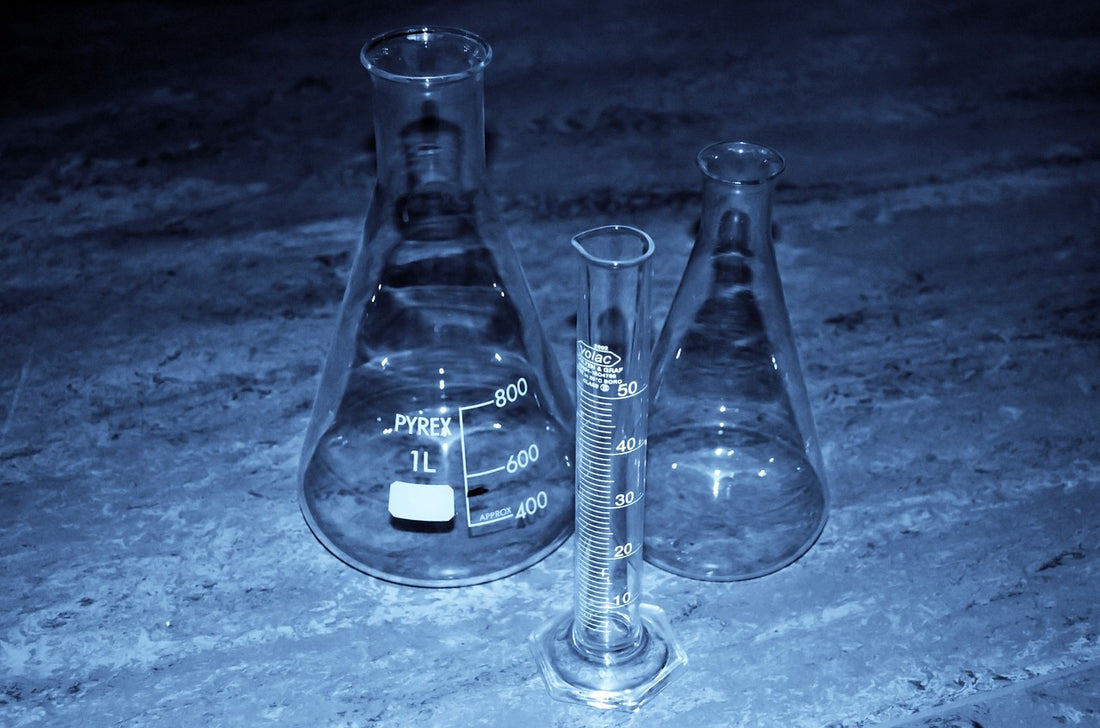
Meth Use in Teens
Daniel PattersonWhen it comes to dangerous drugs like methamphetamine (meth), many parents may think, "Not my kid." Meth often carries a stigma associated with certain groups or extreme addiction, but the truth is that meth use can affect teens from all walks of life. Understanding the risks, signs, and ways to support your teen can help ensure they stay safe, even if meth seems like an unlikely problem in your household.
Here’s what you need to know about meth use in teens—and how you can take proactive steps, even if you never thought your child would be involved with a drug like this.
1. What Is Meth and Why Do Teens Use It?
Methamphetamine, often called "meth," "crystal," or "ice," is a powerful stimulant that affects the central nervous system. Meth is highly addictive, and its effects, which include intense euphoria, energy bursts, and hyperfocus, make it appealing to some teens, especially those seeking an edge in school or sports, or as a way to cope with stress and peer pressure.
According to the National Institute on Drug Abuse (NIDA), meth use among teens is not as common as marijuana or alcohol, but it still happens. Some teens are drawn to it due to its powerful, immediate effects or curiosity, while others may try it without fully understanding how dangerous and addictive it is.
2. Why "Not My Kid" Can Be a Dangerous Assumption
It’s easy to assume that meth use is something that happens in other families, or only to teens who are deeply troubled. However, drug use doesn’t always follow stereotypes. Many teens who try meth are experimenting, seeking thrills, or coping with stress. Teens from stable, supportive homes may also fall into experimentation due to peer pressure or curiosity.
The Substance Abuse and Mental Health Services Administration (SAMHSA) warns that ignoring the possibility that meth use could affect your family leaves your teen vulnerable. Meth can be found in a variety of settings, from parties to social groups, and teens might not recognize the risks when trying it for the first time.
3. Signs Your Teen May Be Using Meth
Meth use can escalate quickly, and early detection is crucial. While the signs of meth use can vary, here are a few things to look out for:
- Sudden bursts of energy or hyperactivity: Meth is a powerful stimulant, and teens using it may exhibit abnormal energy levels or become unusually focused for long periods.
- Unexplained weight loss: Meth suppresses appetite, so unexplained weight loss can be a warning sign.
- Paranoia or erratic behavior: Meth use can cause extreme mood swings, paranoia, or aggressive behavior.
- Deteriorating physical appearance: Teens using meth may develop acne, sores, or a generally neglected appearance over time.
- Isolation or secrecy: If your teen suddenly becomes secretive, isolates themselves from family, or changes friend groups, it could be a red flag.
If you notice these behaviors, it’s essential to approach your teen with care and concern rather than accusation. According to the American Academy of Pediatrics (AAP), a non-judgmental approach will help keep lines of communication open and make it more likely your teen will seek your support.
4. How to Talk to Your Teen About Meth
Even if your teen hasn’t shown signs of meth use, it’s important to have open, honest conversations about the risks of meth and other substances. Teens are more likely to make responsible choices when they have accurate information about the dangers of drugs and know that they can come to you if they’re facing pressure.
What You Can Do:
- Start early: Have casual, ongoing conversations about drug use before it becomes an issue. Ask open-ended questions like, “Have you ever heard of kids using meth at school?”
- Be clear but non-threatening: Let your teen know that meth is highly addictive and dangerous, without using scare tactics. You might say, “I know you make good choices, but meth is something that can harm you after just one use.”
- Offer your support: Make it clear that they can always talk to you if they’re feeling pressured or worried about their friends’ behavior. Let them know you’re here to help, not punish.
The Partnership to End Addiction recommends creating a safe space where your teen feels comfortable discussing drug use without fear of judgment or punishment.
5. What If You Suspect Your Teen Is Using Meth?
If you suspect your teen is using meth, early intervention is crucial. Meth is highly addictive, and the sooner you can address the issue, the better the chances of avoiding long-term consequences.
What You Can Do:
- Stay calm: If you discover your teen is using meth, it’s important not to react with anger or panic. Take a moment to process the information before confronting them.
- Seek professional help: Reach out to a healthcare provider, counselor, or addiction specialist. The National Institutes of Health (NIH) emphasizes the importance of involving professionals who can assess the situation and guide treatment options.
- Create a plan together: Talk to your teen about the next steps. Whether it’s counseling, family support, or a treatment program, it’s vital to involve your teen in the process so they feel empowered to make positive changes.
Conclusion
While meth may seem like a distant issue, it’s important to stay informed and engaged with your teen. By knowing the signs, having open conversations, and taking proactive steps, you can help protect your teen from the dangers of meth use. Remember, no family is immune, but every family can take action to keep their teens safe.
References:
- National Institute on Drug Abuse. (2021). "Understanding Methamphetamine Use Among Teens."
- Substance Abuse and Mental Health Services Administration. (2021). "Methamphetamine Use in Teens: Breaking the Stigma."
- American Academy of Pediatrics. (2020). "Signs of Methamphetamine Use in Adolescents."
- Partnership to End Addiction. (2022). "How to Have Open Conversations About Meth and Substance Use."
- National Institutes of Health. (2022). "What to Do if You Suspect Meth Use in Your Teen."











